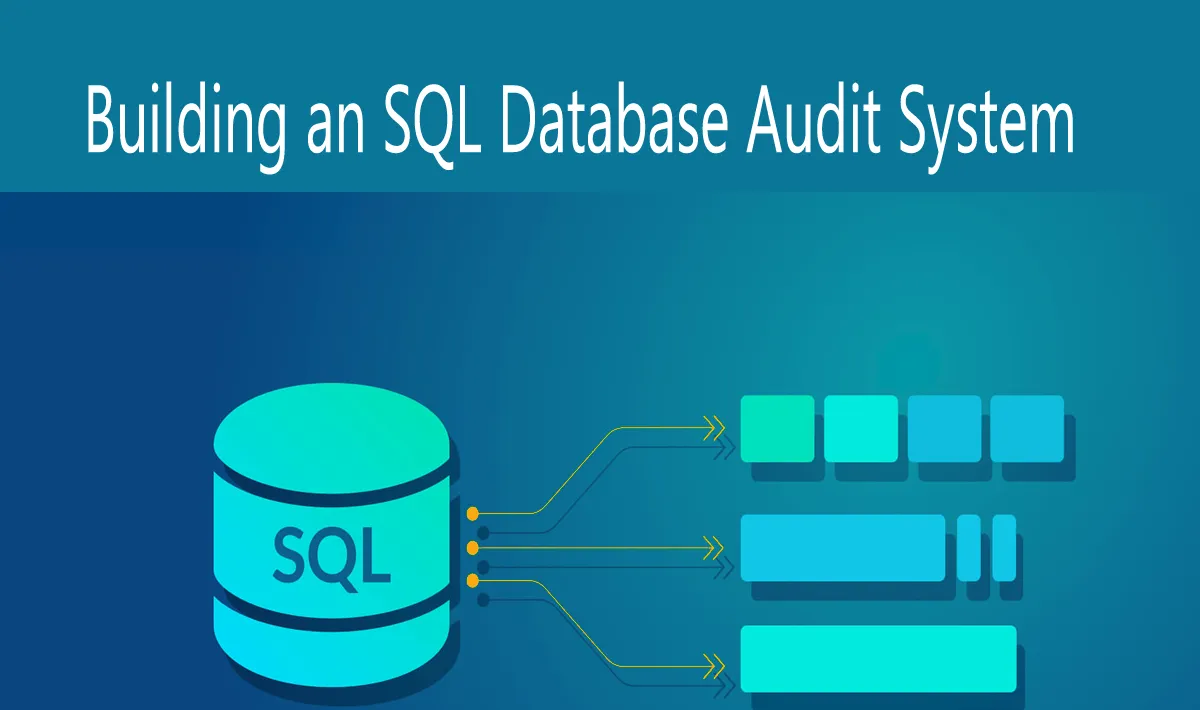Most of the databases provide plugins to support audit logging. These plugins can be installed and easily configured to log data. However, it suffers from the below problems:
- A full-fledged audit logging plugin is generally available only with the Enterprise edition. Community editions may lack these plugins. For example in the case of MySQL, an [audit logging plugin] is only available for the enterprise edition. It is worth mentioning that users of the community edition of MySQL can still install other audit logging plugins from MariaDB or Percona to get around this limitation.
- Audit logging at the DB level causes 10-20% overhead on the database server as discussed [here] and [here]. Generally, you may want to enable audit logging only for slow queries and not all the queries for a highly loaded system.
- Audit logs are written in a log file and the data isn’t easily searchable. For data analysis and auditing purposes, you want your audit data to be in a searchable format.
- Large audit archives consume critical database storage as it is stored on the same server as your DB.
#database #sql #kafka #mongodb

1.15 GEEK